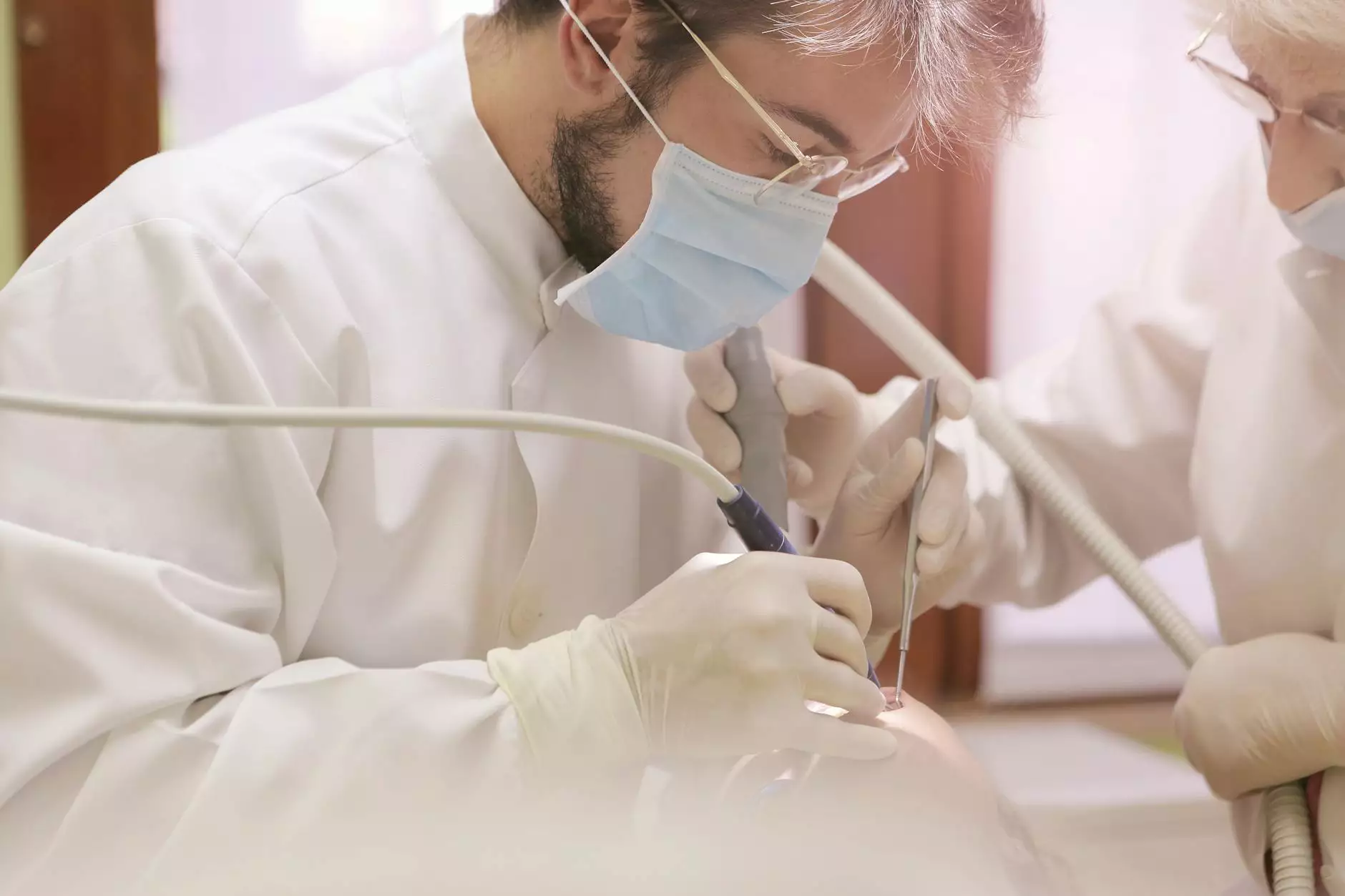The Nuss Procedure Cost: A Comprehensive Overview

The Nuss Procedure has gained notable recognition in the medical field for its innovative approach to treating pectus excavatum, a condition characterized by a sunken chest. Understanding the financial aspects, specifically the nuss procedure cost, is essential for patients considering this surgical option. In this detailed article, we will navigate through various factors that affect the cost, insurance considerations, and what to expect during the recovery phase.
1. What is the Nuss Procedure?
The Nuss Procedure is a minimally invasive surgical technique designed to correct pectus excavatum. During the operation, a specially designed bar is inserted under the sternum and chest wall, gradually pushing the sternum into a more natural position. This procedure is not only for cosmetic improvement but also addresses associated respiratory and cardiac issues.
2. Understanding the Nuss Procedure Cost
When considering surgery, it is critical to understand all associated costs. The nuss procedure cost is influenced by several factors:
2.1. Hospital Fees
The primary cost component is the hospital fees, which include the use of the operating room, anesthesia, and general hospital care. These fees can vary widely based on the facility's location, reputation, and standard rates. On average, hospital fees can range from $20,000 to $50,000.
2.2. Surgeon Fees
Surgeon fees depend on the experience and expertise of the surgeon performing the procedure. Highly experienced surgeons might charge a premium for their services, which can add another $5,000 to $15,000 to the overall cost.
2.3. Anesthesia Costs
Anesthesia is a critical component of the Nuss Procedure. An anesthesiologist's fees typically range from $1,500 to $3,000 depending on the duration of the surgery and the type of anesthesia used.
2.4. Follow-Up Care
Post-operative care is essential for a successful recovery. Follow-up visits, imaging, and any necessary physical therapy can add further expenses, averaging around $1,000 to $3,000. It’s essential to factor in these additional costs when budgeting for the procedure.
3. Factors Affecting the Cost of the Nuss Procedure
While some costs are standard, several factors can influence the overall price of the nuss procedure cost:
- Geographical Location: Costs can vary significantly between urban and rural areas. Major cities typically have higher rates due to higher living costs and facility fees.
- Facility Type: Hospitals with specialized thoracic surgery departments might charge more than general hospitals.
- Surgeon's Experience: The reputation and track record of the surgeon can impact costs as well. Surgeons with a high success rate may charge more for their skills.
- Insurance Coverage: The extent of your insurance coverage plays a crucial role in out-of-pocket expenses. In many cases, health insurance may cover a significant part of the cost.
4. Insurance Coverage for the Nuss Procedure
Understanding whether your insurance will cover the Nuss Procedure is crucial. Many insurance plans recognize pectus excavatum as a medical condition warranting surgical intervention, particularly if it causes physical problems.
Here are some steps to take:
- Contact Your Insurance Provider: Inquire about specific coverage for the Nuss Procedure. Ask about pre-approval processes and documentation required.
- Obtain a Letter of Medical Necessity: Your surgeon might need to provide documentation that outlines the medical necessity of the procedure, detailing how it affects your health.
- Find In-Network Surgeons: Choosing an in-network surgeon can significantly reduce your overall expenses.
5. Financial Assistance Options
Should the Nuss procedure cost prove to be a burden, consider exploring financial assistance options:
- Payment Plans: Many hospitals and surgical facilities offer payment plan options that allow patients to pay their bills over time.
- Medical Credit Cards: Some companies offer medical credit cards specifically for health-related expenses.
- Health Savings Accounts (HSAs): Using HSA funds can provide tax advantages when paying for medical costs.
6. The Recovery Process
Recovery is a crucial phase following the Nuss Procedure, and it is essential to be well-informed:
6.1. Immediate Post-Operative Care
After the surgery, patients typically spend a few days in the hospital. During this time, medical professionals monitor vital signs and manage any pain with appropriate medication.
6.2. Expected Recovery Timeline
Patients usually return to light activities within a couple of weeks, while full recovery can take between 3 to 6 months. Gradual reintroduction to physical activity is advised to ensure proper healing.
6.3. Follow-Up Appointments
Routine follow-up visits are necessary to monitor the placement of the bar and overall recovery, usually scheduled after 2 weeks, 1 month, and then periodically for about a year.
7. Conclusion: Making an Informed Decision
While the nuss procedure cost can seem daunting, being well-informed about the procedure, associated expenses, and insurance options can alleviate some of the financial burdens. It’s crucial to discuss all concerns with your healthcare provider to make an informed decision about whether the Nuss Procedure is the right choice for you or your loved ones.
As you consider this life-changing procedure, remember that the ultimate goal is to improve your quality of life. For further information or to discuss the Nuss Procedure with qualified professionals, visit elclinics.com, where expert care awaits.









